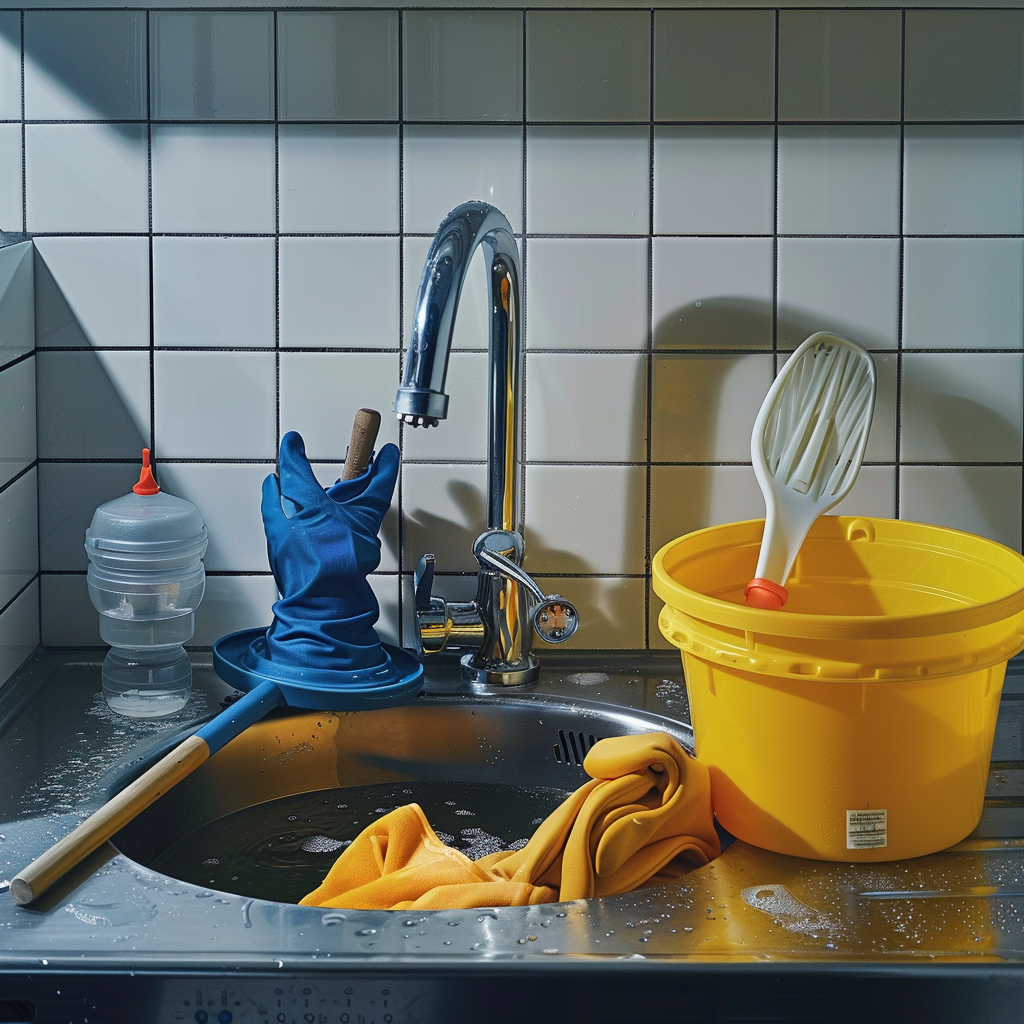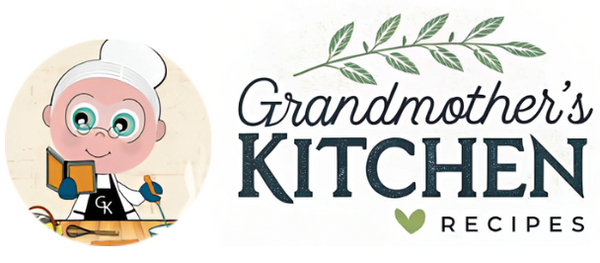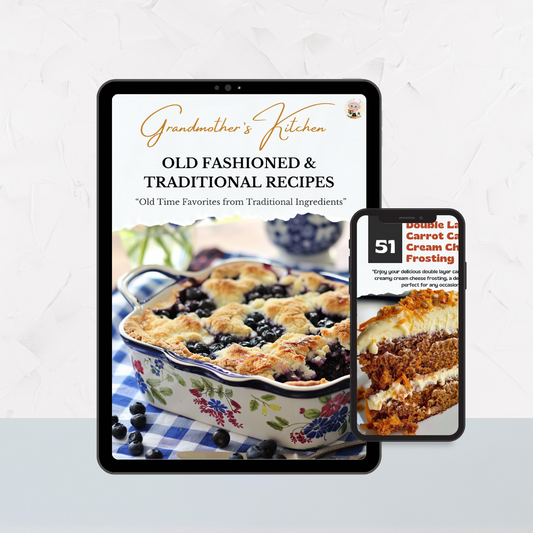Unblock Your Drain: Effective DIY Methods to Clear Any Clog

Share
Unblock Your Drain: Effective DIY Methods to Clear Any Clog
Clogged drains are a common household issue that can lead to frustrating and costly repairs if not addressed promptly. Fortunately, you can tackle many clogs yourself with simple tools and a bit of know-how. This comprehensive guide will walk you through effective DIY methods to unblock your drain and keep it running smoothly.
Understanding Common Causes of Clogged Drains
Before diving into the solutions, it's important to understand what causes drains to clog. Common culprits include:
- Hair: A major cause of clogs in bathroom sinks and showers.
- Grease and Food Particles: Often the reason behind kitchen sink blockages.
- Soap Scum: Builds up in pipes over time, especially in bathrooms.
- Foreign Objects: Small items accidentally flushed or washed down the drain.
Tools and Supplies You’ll Need
Having the right tools and supplies on hand can make the process much easier. Here are some essentials:
- Plunger
- Drain snake (also known as a plumber’s snake or auger)
- Baking soda and vinegar
- Boiling water
- Rubber gloves
- Bucket
- Old toothbrush
Method 1: Using a Plunger
A plunger is a household staple for good reason. Here’s how to use it effectively:
Create a Seal: Ensure the plunger covers the drain completely to create a seal.
Plunge with Force: Push down and pull up vigorously several times.
Test the Drain: Run water to see if the clog has cleared.
Personal Tip: Plungers work well for minor clogs and should be your first line of defense.
Method 2: Baking Soda and Vinegar
This natural remedy is great for breaking down minor clogs and deodorizing your drains.
Pour Boiling Water: Start by pouring a kettle of boiling water down the drain.
Add Baking Soda: Pour 1 cup of baking soda into the drain.
Add Vinegar: Follow with 1 cup of vinegar. Let it fizz for 5-10 minutes.
Flush with Boiling Water: Finish by pouring another kettle of boiling water.
Personal Tip: This method is effective for dissolving organic matter and breaking up small blockages.
Method 3: Using a Drain Snake
For more stubborn clogs, a drain snake can reach deeper into the pipes.
Insert the Snake: Push the snake into the drain until you feel resistance.
Rotate and Push: Rotate the handle to break up the clog while pushing the snake further.
Remove and Clean: Pull the snake out and clean off any debris. Repeat if necessary.
Personal Tip: Drain snakes are excellent for removing hair and other debris stuck further down the pipes.
Method 4: Boiling Water
Sometimes, the simplest solution is the most effective.
Boil Water: Bring a large pot of water to a boil.
Pour Slowly: Pour the boiling water slowly down the drain in two to three stages, allowing the hot water to work through the clog.
Personal Tip: Boiling water can help dissolve soap scum, grease, and other buildups in your pipes.
Preventative Measures
Preventing clogs is always better than dealing with them after the fact. Here are some tips to keep your drains clear:
- Use Drain Screens: Install screens over drains to catch hair and food particles.
- Dispose of Grease Properly: Never pour grease down the drain; instead, let it solidify and dispose of it in the trash.
- Regular Maintenance: Periodically flush your drains with boiling water or a baking soda and vinegar solution.
When to Call a Professional
While these DIY methods are effective for many clogs, there are times when you might need to call in a professional plumber:
- Persistent Clogs: If the clog doesn’t clear after several attempts, it may be deeper in the system.
- Multiple Clogged Drains: This can indicate a blockage in the main sewer line.
- Strange Odors or Noises: Persistent smells or gurgling sounds can signify a serious issue.
Additional Natural Methods
Salt and Baking Soda
Mix Salt and Baking Soda: Combine 1/2 cup of salt with 1/2 cup of baking soda.
Pour into Drain: Pour the mixture into the clogged drain.
Add Boiling Water: Follow with a kettle of boiling water. Let it sit overnight.
Flush with Hot Water: In the morning, flush the drain with hot water.
Personal Tip: This combination helps to break up clogs and deodorize the drain.
Hydrogen Peroxide and Baking Soda
Mix Hydrogen Peroxide and Baking Soda: Combine 1/2 cup of baking soda with 1/2 cup of hydrogen peroxide.
Pour into Drain: Pour the mixture down the drain and let it sit for an hour.
Flush with Hot Water: Rinse the drain with hot water to clear the clog.
Personal Tip: This method is effective for more stubborn clogs and helps disinfect the drain.
Alka-Seltzer and Vinegar
Drop Alka-Seltzer Tablets: Drop four Alka-Seltzer tablets into the drain.
Add Vinegar: Pour 1 cup of vinegar over the tablets.
Wait and Flush: Let the mixture fizz for 10 minutes, then flush with boiling water.
Personal Tip: This method can help break up minor clogs and freshen the drain.
Enzyme Cleaners
Purchase Enzyme Drain Cleaner: Look for a natural enzyme drain cleaner at your local store.
Follow Instructions: Follow the instructions on the product label.
Regular Use: Use enzyme cleaners regularly to prevent buildup and maintain clear drains.
Personal Tip: Enzyme cleaners are a natural and effective way to keep drains clear without harsh chemicals.
Benefits of Natural Cleaning Methods
Using natural methods to unclog drains has several benefits:
- Eco-Friendly: Reduces the use of harsh chemicals that can harm the environment.
- Cost-Effective: Uses common household items, saving you money on expensive chemical drain cleaners.
- Safe for Plumbing: Less likely to damage pipes compared to chemical cleaners.
- Non-Toxic: Safe for use around children and pets.
By following these DIY methods and preventative measures, you can effectively manage and prevent clogs in your home, ensuring your plumbing system remains in top condition. Remember, regular maintenance is key to avoiding major issues. If you encounter persistent or severe clogs, don’t hesitate to call a professional plumber.
Unclogging drains naturally is not only better for your home and health but also for the environment. These simple, non-toxic methods are easy to implement and can save you time and money in the long run. Happy cleaning!


